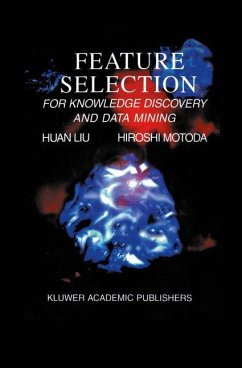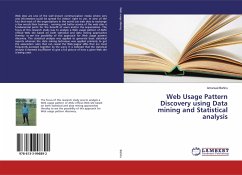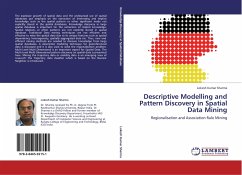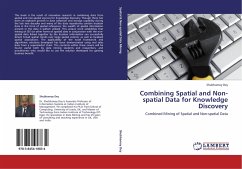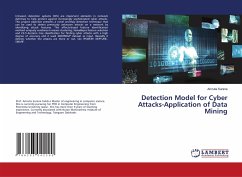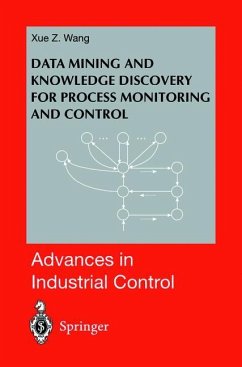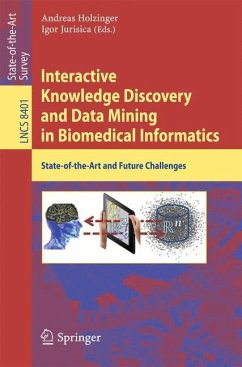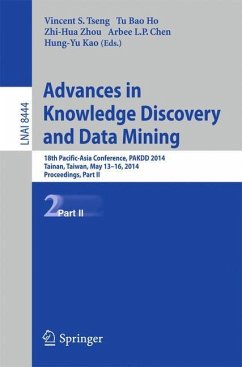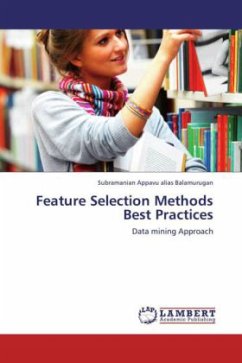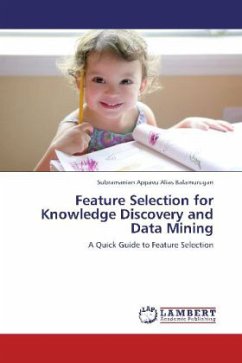
Feature Selection for Knowledge Discovery and Data Mining
A Quick Guide to Feature Selection
Versandkostenfrei!
Versandfertig in 6-10 Tagen
32,99 €
inkl. MwSt.

PAYBACK Punkte
16 °P sammeln!
With advanced computer technologies and their omnipresent usage, data accumulates in a speed unmatchable by the human's capacity to process data. To meet this growing challenge, the research community of knowledge discovery from databases emerged. The key issue studied by this community is, in layman's terms, to make advantageous use of large stores of data. In order to make raw data useful, it is necessary to represent, process, and extract knowledge for various applications. Feature Selection for Knowledge Discovery and Data Mining offers an overview of the methods developed since the 1970s ...
With advanced computer technologies and their omnipresent usage, data accumulates in a speed unmatchable by the human's capacity to process data. To meet this growing challenge, the research community of knowledge discovery from databases emerged. The key issue studied by this community is, in layman's terms, to make advantageous use of large stores of data. In order to make raw data useful, it is necessary to represent, process, and extract knowledge for various applications. Feature Selection for Knowledge Discovery and Data Mining offers an overview of the methods developed since the 1970s and provides a general framework in order to examine these methods and categorize them. This book employs simple examples to show the essence of representative feature selection methods such as Bayes Feature Selector, Class Association rule-Information Gain feature selector and Bayes Theorem-Information Gain Feature Selector and compares them using data sets with combination of intrinsic properties according to the objective of feature selection. In addition, the book suggests guidelines on how to use different methods under various circumstances.



